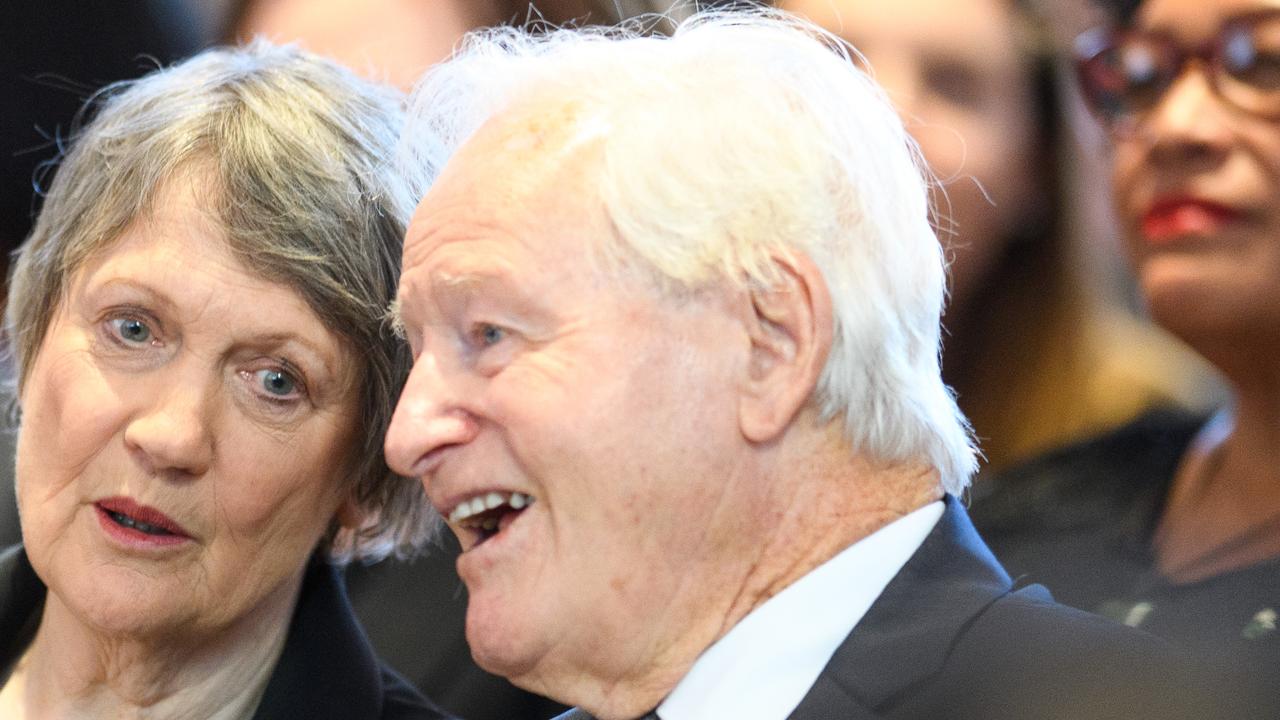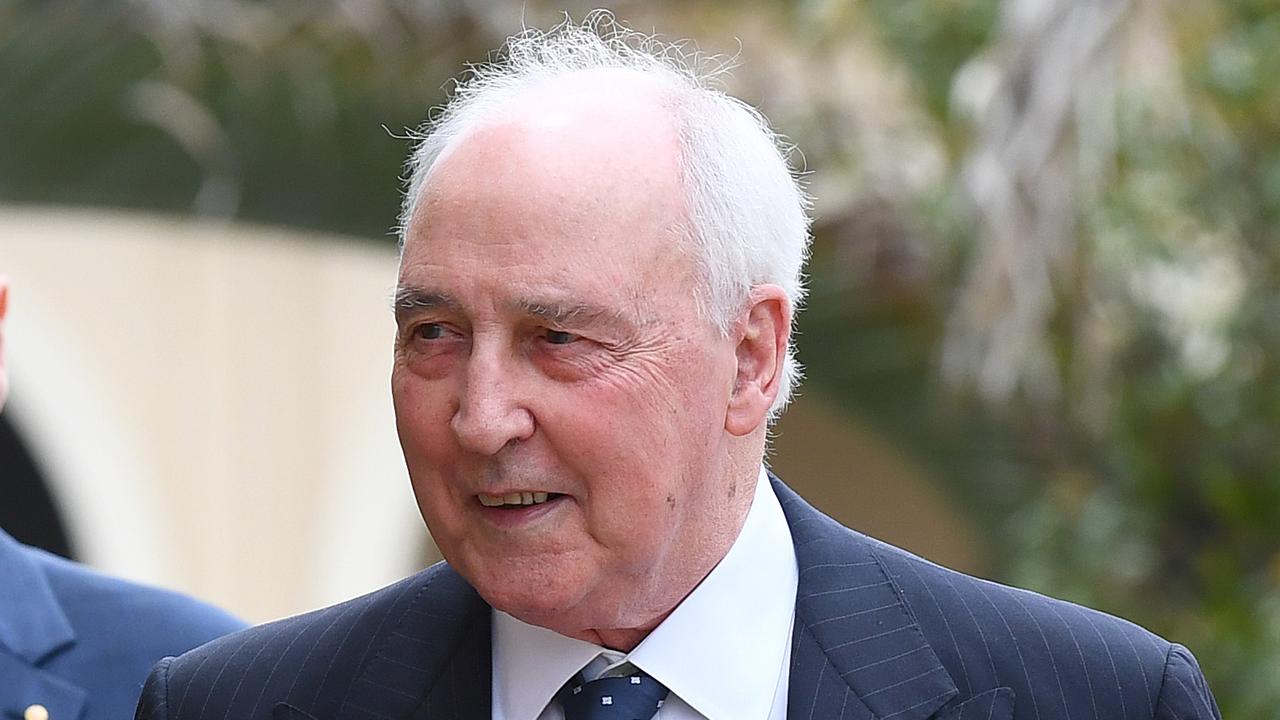
Jim Bolger, the farmer who defied expectations to become New Zealand prime minister and usher in a new era of reconciliation with Maori, has died aged 90.
The son of Irish Catholic immigrants raised in Taranaki's green fields after leaving school at 15, Mr Bolger returned the centre-right National party to power in 1990 and served for seven years as prime minister.
Mr Bolger suffered kidney failure last year and died on Wednesday, surrounded by his wife of 62 years Joan, nine children and 18 grandchildren.

"Jim Bolger was a conservative prime minister but in my experience, a particularly wise one," said Paul Keating, who led Australia parallel to his tenure.
"Jim was a pleasure to be with ... without a doubt the jolliest and best natured head of government I had come across."
In three terms, Mr Bolger reshaped New Zealand in several ways, fostering a new relationship between Maori and the Crown, slashing government and welfare, and radical electoral reform.
He also recanted several of his government's actions after his time in politics, leading to an embrace by the Labour Party which once loathed him.
Mr Bolger will most remembered for championing treaty settlements, in which the government brokered deals with Maori tribes offering formal apologies, compensation and the restoration of rights and land.
Questioned by colleagues in his conservative party as to why he drove the settlements, he replied "because it is the right thing to do".
"He was a man of mana," Maori Development Minister Tama Potaka said.
Prime Minister Chris Luxon called Mr Bolger "a towering figure in New Zealand's political life".
"He never wavered in his belief that the role of leadership was to prepare a better future, not merely manage the present," he said.
Parliament stopped business on Thursday to celebrate the well-liked leader's life and achievements with a nostalgic and an often-funny debate.
Former Maori Development Minister Willie Jackson said he confessed to Mr Bolger that during his union days he wanted to "punch (Mr Bolger) in the face" for reforms including welfare cuts and selling public assets.
"Maori men were protesting like you wouldn't believe," Mr Jackson said.
"But you're talking about the most significant and influential national leader of the last two generations with regards to Maori and race relations."
Opposition Leader Chris Hipkins said Mr Bolger would regret workplace reforms, noting he worked with the Jacinda Ardern government in that policy area.
"I did get the sense that he struggled to reconcile his own values with the consequences of some of the things that happened during his time in politics," Mr Hipkins said.
Electoral reform occurred during Mr Bolger's time after Kiwis approved a referendum to move to a proportional representation system, creating decades of coalition governments.
Mr Bolger spent 25 years in parliament and after leaving in 1998 he served as New Zealand's ambassador to the United States and later as chair of state-owned Kiwibank.
Mr Bolger was also a republican who refused a knighthood, like successor Helen Clark.







